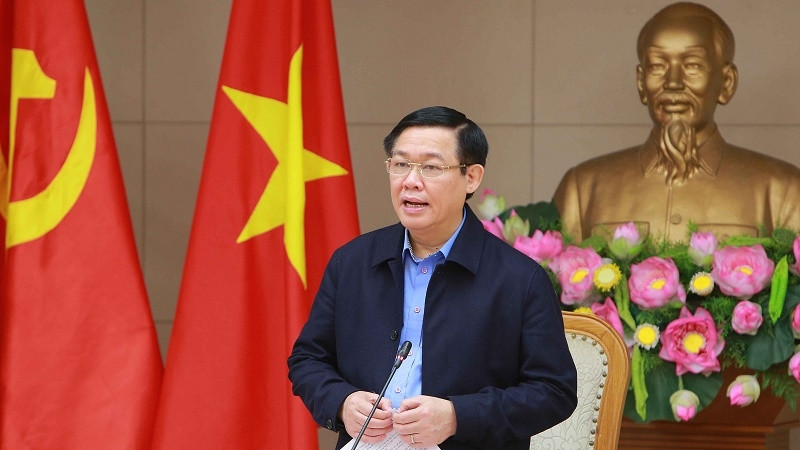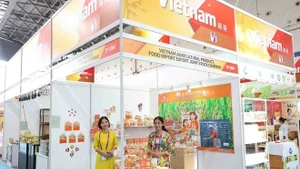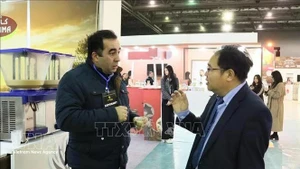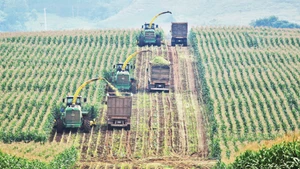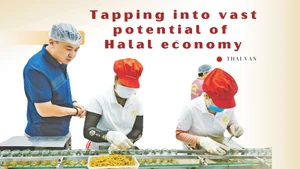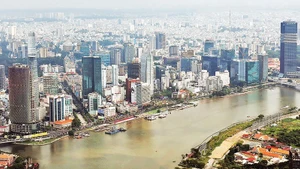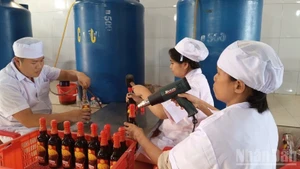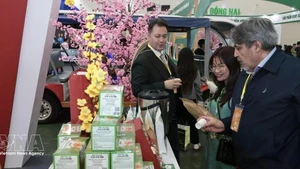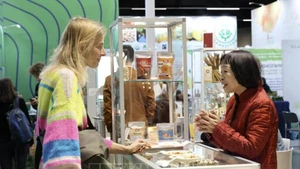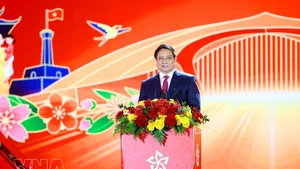The Deputy PM said, at a meeting on March 27, that the ministries and agencies concerned must follow the inflation scenario of 3.55% for 2018 in order to take appropriate actions.
The State Bank of Vietnam was asked to manage core inflation in a flexible manner and curb credit growth and money supply, while the Ministry of Agriculture and Rural Development was tasked with stabilising the food market.
Deputy PM Hue also requested the Ministry of Industry and Trade to effectively regulate fuel and electricity prices and the Ministry of Health to avoid a spike in healthcare costs.
According to Nguyen Anh Tuan, director of the Ministry of Finance’s Price Management Department, the CPI in March is forecast to drop by 0.28% from the previous month but the overall figure for the first three months is expected to increase by 2.82%.
The CPI increase in the January-March period was mainly driven by higher consumption demand during the Tet holiday and the spring festival season, as well as hikes in healthcare costs and electricity prices, and recovering global prices of essential goods.
The Ministry of Finance said that in the remainder of 2018, Vietnam will face inflationary pressure from planned medical cost adjustments in a number of provinces, as well as higher education fees, increasing oil prices and wage rises.
In addition, risks from natural disasters and adverse weather could also push up inflation in 2018.
